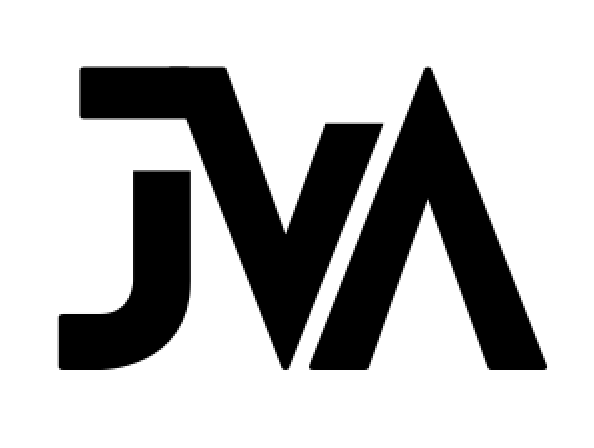On Poetry Books On Poetry
Back in my former life working in IT, I used to judge books and manuals on programming, networking, web design, etc. by how much the books themselves weighed. A 10-pounder, so I thought, was better because it contained more stuff. And after a couple of years, I would go through these books selecting out-of-date ones that I could offload to the local Goodwill store to clear up space on my shelves. I remember as I thumbed through them to decide, I would find, myself always being astonished and upset for not having read them more thoroughly, like a novel, rather than as quick reference tools. I was mad because I invariably would come across a tip or trick that would have made my coding projects or computer troubleshooting much easier or better had I known the information which I skipped.
Recently, while scanning my bookshelves for something to read, I saw my old copy of Mary Oliver’s A Handbook on Poetry. I remember being delighted by it, though I’m not sure I actually ever read the whole thing, reading it instead, like my old computer books: only the bits I thought I needed to know at the time—or more likely, that were assigned by the community ed poetry class that had recommended it.
Lately, especially as I look for poems for examples in my poetry workshops, I’ve been reading more of Oliver’s works. So I decided to reread it, partly from nostalgia, and partly from a desire to sieve through it for discussions of techniques I could use for my own students.
Starting, for once, at the beginning, I quickly found myself engaged with her discussions and kept reading. For much of it, I found myself saying, “Yes! That’s exactly what I’ve been trying to tell my students!” Except much better in terms of clarity and conciseness. And she has such a kindly voice. But I also noticing myself thinking once again about ideas I haven’t thought about in a while—or at least with some sustained thought.
And so a recommendation on poetry books: for beginning as well as intermediate poets (what all that means is up to you), sip them like wine. Rather than trying to guzzle them down, believing that if you only read the entire book, you will then become a great poet, instead, pay attention to what exciting or interesting or just plain curious about. And focus just on that. Read the discussions and examples, and try using those ideas or techniques for your own poems. Once you’ve exhausted or bored yourself (at least for the time being) with that concept, pick another part of your book that inspires curiosity or excitement and do the same thing.
For experienced poets and teachers, I invite you to read them again, but cover to cover, and rediscover ideas and even poems you haven’t thought about in a while. While my primary purpose was looking for new perspectives to use in my poetry workshops, I was inspired to look again at some of my older starts of poems with refreshed eyes and ears.
The main difference between books on technology and poetry is that the tech ones quickly become outdated. But with poetry, though some things may be more or less in vogue, they do tend to present a snapshot of history, which for any art is important to know.
